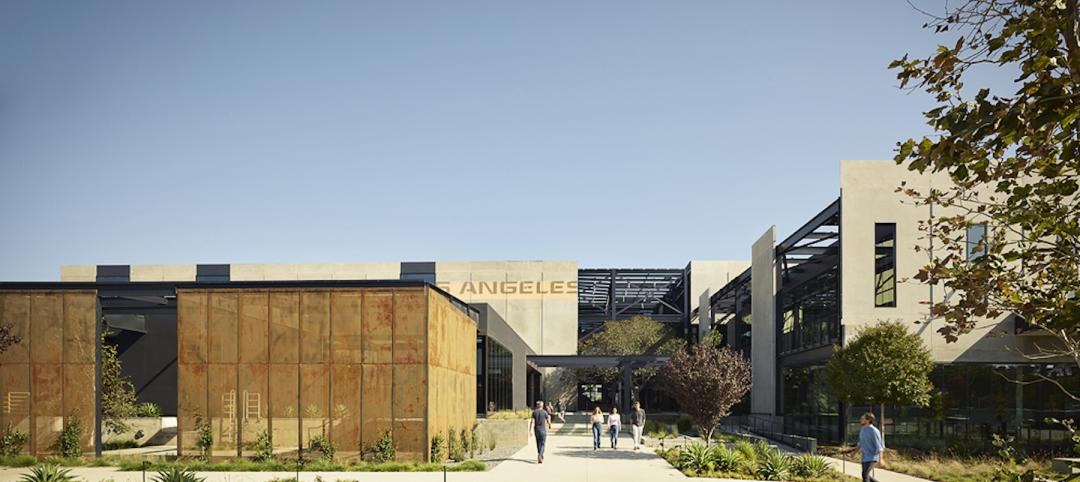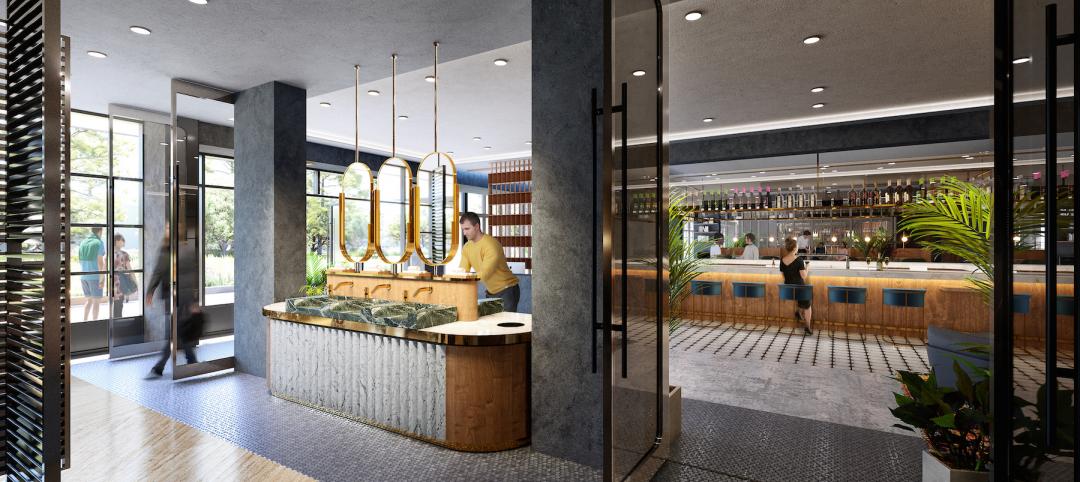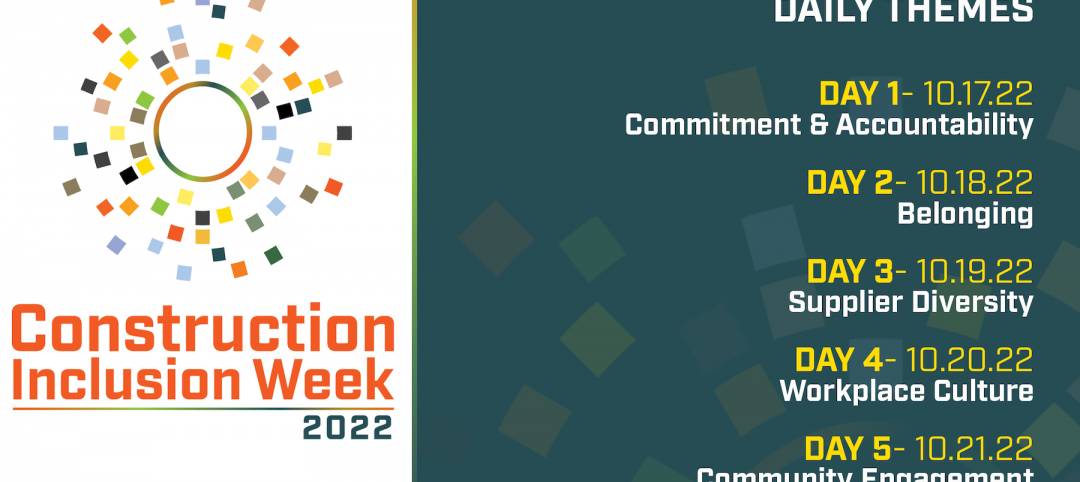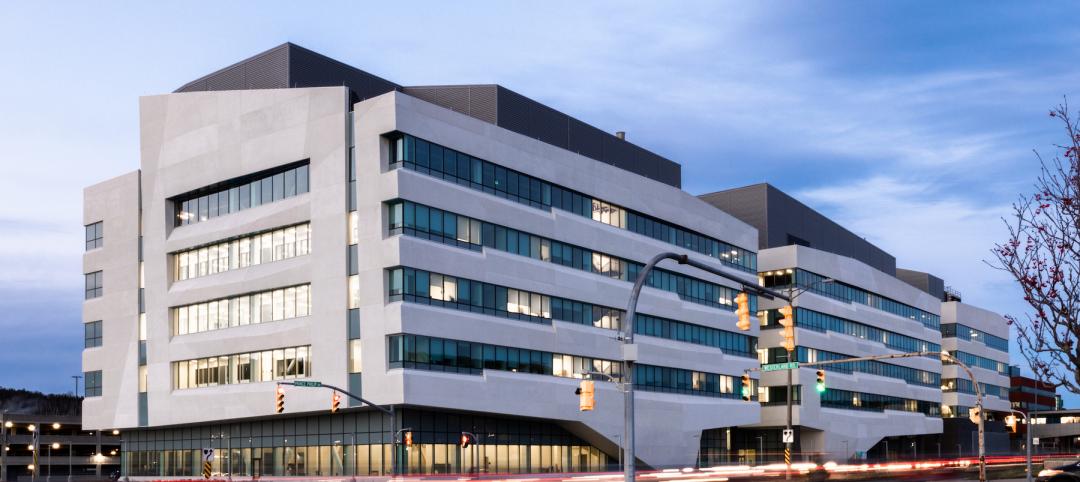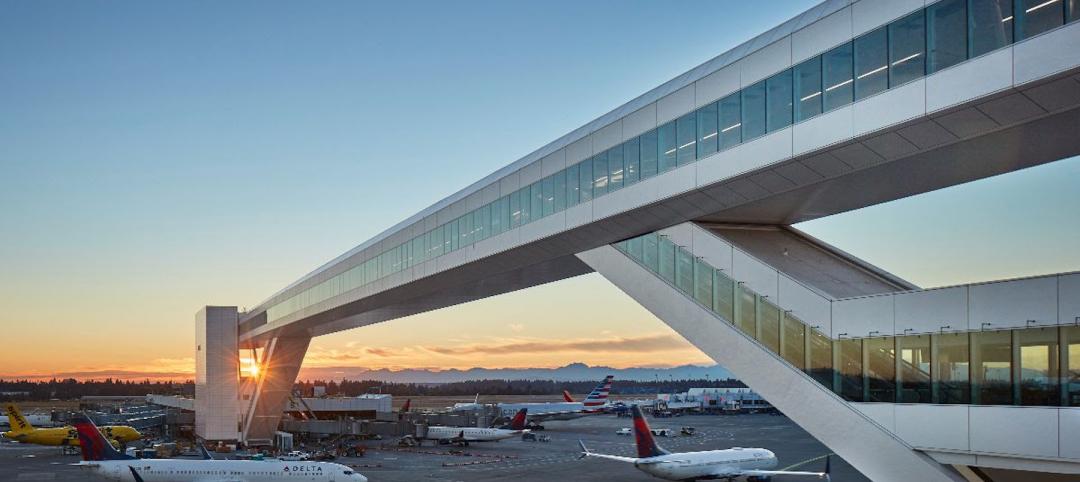Today, the U.S. Green Building Council announced nearly 100 net zero certifications earned under the LEED Zero program, representing more than 23 million square feet of space. One-fourth of LEED Zero projects earned multiple certifications, demonstrating achievement of net zero goals in several categories.
A complement to LEED certification, LEED Zero provides a clear, data-driven path to recognizing net-zero goals and signals market leadership in the built environment. In 2018, the first year LEED Zero was released, certifications were earned in every category, with one project earning certification in all four categories.
“Operating our buildings at net zero, combined with a solid green building strategy, is a cost-effective solution to tackling the climate crisis,” said Peter Templeton, USGBC’s interim president & CEO. “Reducing the carbon emissions of buildings is a critical part of the solving the climate puzzle. We will continue to work together with building owners and partners from all sectors to ensure that we meet net zero goals.”
LEED Zero energy certification is awarded to net zero energy buildings and communities that generate as much energy as they use over the course of the year. LEED Zero Carbon recognizes net zero carbon emissions from energy consumption through carbon emissions avoided or offset over one year. LEED Zero Water recognizes a potable water use balance of zero over one year. LEED Zero Waste recognizes buildings that achieve GBCI’s TRUE certification at the Platinum level.
Recent years have spotlighted the need to reduce carbon emissions and accelerate efforts to achieve a low-carbon future. Buildings account for nearly 40% of all carbon emissions, and according to a 2020 UN report, buildings must reduce at least 50% of their carbon emissions by 2030 to achieve net zero by 2050. Organizations, cities and countries around the globe are now monitoring their outputs and committing to carbon emissions reductions as well as net zero emissions.
This week is Net Zero Buildings Week, which is an opportunity to highlight the importance of green building and the push to decarbonize our existing buildings. In an effort to bring more awareness to the building sector’s contribution to carbon emissions, USGBC is taking part in Net Zero Buildings Week, joining the New Buildings Institute and other building industry partners to highlight the benefits of net zero buildings for a clean energy future. Join us as we virtually spread the word about net zero buildings and the people behind them. All organizations and firms are invited to participate by sharing their resources on social media using the hashtag #NetZeroNow.
Related Stories
Office Buildings | Jun 8, 2022
Former L.A. Times newsroom/printing plant remade into office campus
Phase 1 of The Press, an adaptive reuse project that is converting an old Los Angeles Times facility into a modern office campus, was recently completed in Costa Mesa, Calif.
Codes and Standards | Jun 7, 2022
FEMA launches National Initiative to Advance Building Codes
The U.S. Federal Emergency Management Agency (FEMA) has launched a new government-wide effort to boost national resiliency and reduce energy costs.
Plumbing | Jun 7, 2022
Sloan launches ‘Sinks Beyond the Restroom’ innovation
Sloan, the world’s leading manufacturer of commercial plumbing systems, has launched its ‘Sinks Beyond the Restroom’ concept.
Building Team | Jun 7, 2022
Announcing construction inclusion week 2022: October 17-21, 2022
Save the date for Construction Inclusion Week 2022: October 17-21, 2022.
University Buildings | Jun 7, 2022
Newfoundland university STEM building emulates natural elements, local traditions
Memorial University of Newfoundland (MUN) recently opened a new building that will provide interdisciplinary learning and research space for Faculties of Science and Engineering.
Codes and Standards | Jun 2, 2022
Guide helps schools find funding for buildings from federal, state government
New Buildings Institute (NBI) recently released a guide to help schools identify funding programs for facilities improvements available from federal and state government programs.
Airports | Jun 2, 2022
SOM-designed International Arrival Facility at Seattle’s Sea–Tac airport features the world’s largest aerial walkway
The Skidmore, Owings & Merrill (SOM)-designed International Arrivals Facility (IAF) at Seattle-Tacoma International Airport has opened, replacing a 50-year-old arrival facility.
Women in Design+Construction | Jun 2, 2022
Women in Architecture: How HMC Pioneers Gender Equality
A survey by the Association of Collegiate Schools of Architecture (ACSA) shows that while women account for nearly half of graduates from architecture programs, they only make up about 15 percent of licensed architects.
Codes and Standards | Jun 2, 2022
New design guide for hybrid steel-mass timber frames released
The American Institute of Steel Construction (AISC) has released the first-ever set of U.S. recommendations for hybrid steel frames with mass timber floors, according to a news release.
Mass Timber | Jun 2, 2022
Brooklyn is home to New York City’s first mass timber condo building
In the Brooklyn neighborhood of Park Slope, the newly completed Timber House is New York City’s first mass timber condominium building and its largest mass timber project (by height and square footage).



